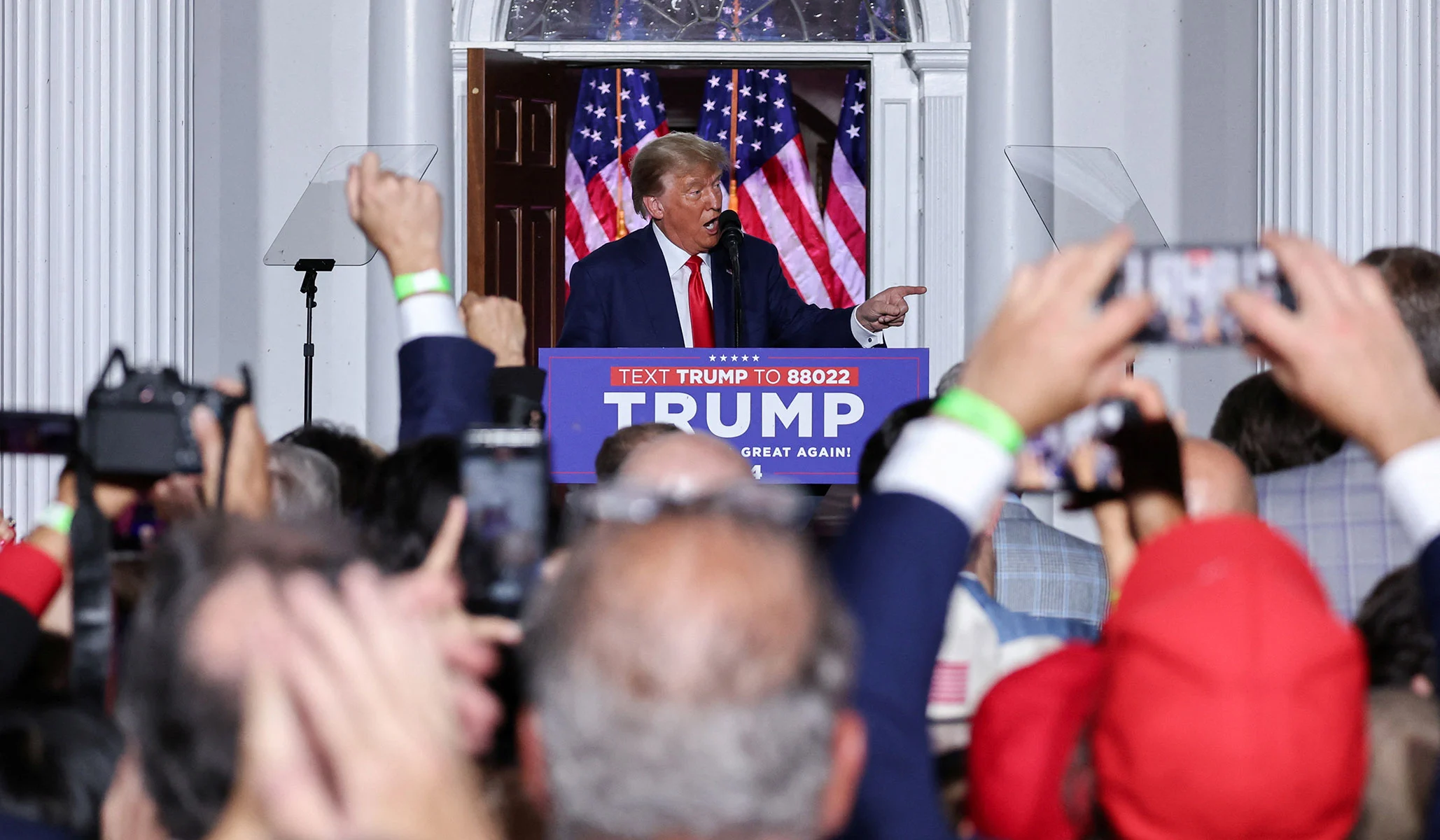The spirit of democracy is undermining the fundamental principles of our republican form of government, creating a sense of unease among the public. The notion of a government of laws, not of men, is being challenged, as evidenced by recent concerns that America might become a banana republic, where the winning party imprisons opposition figures. Radio host Mark Levin’s reaction to Donald Trump’s indictment last week is a prime example of the force that is opening a hole in our body politic. He exclaimed, “There is no law! What’s going on here is a disgusting disgrace. It is war on Trump. It is war on the Republican Party.”
The spirit of democracy is a deep-seated belief that drives strange behavior, leading to crazy talk of lawlessness and Vivek Ramaswamy’s sweaty promise to pardon Trump. It has also led to the current political impasse in America. Unlike other republics, America fears the prosecution of former heads of state. In France, for example, the prosecution of former Prime Minister Nicolas Sarkozy is not seen as a political hit job aimed at delegitimizing all members of his party, Les Républicains. Jacques Chirac, his predecessor, was also convicted of corruption.
However, in America, prosecution of former presidents is feared. The spirit of democracy partly explains why James Comey let Hillary Clinton off so easily, giving her and her campaign the widest latitude, despite arguments for bringing down the hammer. It also explains why 80 percent of Republicans in a recent poll said that President Trump should still be able to get back into the Oval Office, even if he’s convicted in the documents case. Hillary Clinton and Donald Trump are treated differently from the Air National Guardsman who allegedly leaked secrets online because, once a person submits themselves to the judgment of the American people for the highest office in the land, the American people deem themselves the only qualified body in the land to judge that person henceforward.
America’s unwritten constitution is bound up in the average voter’s aspirations, politics, and legitimacy as a citizen. Legal attacks on the president are treated as if they were legal attacks on the legitimacy of his supporters. This helps explain why Gerald Ford was so anxious to pardon Richard Nixon and why Democratic partisans felt that Bill Clinton’s soaring post-impeachment approval ratings were the real final word on whether he perjured himself, obstructed justice, or did anything all that wrong at all. Ultimately, there were limits on what his political enemies could ever do to him because he had the people behind him.
Merrick Garland’s office initially tried to give Trump the same kind of treatment that Hillary Clinton got. However, Trump understood America’s real constitution better than anyone else, intuited that “if you’re a celebrity, they let you get away with it,” and violated the Espionage Act and abused the Presidential Records Act. The rally effect that Trump experiences when he is prosecuted is the response of voters protecting their own prerogative as the great sovereign from the lesser powers that pretend to delimit their choices. While it may not make sense, it is just the way we are. Trying to make the mysterious and magical into the logical and legal destroys it. The Stone of Scone is not questioned, and the flagrant nature of Trump’s violations has brought our written laws and unwritten customs for presidents into conflict.

